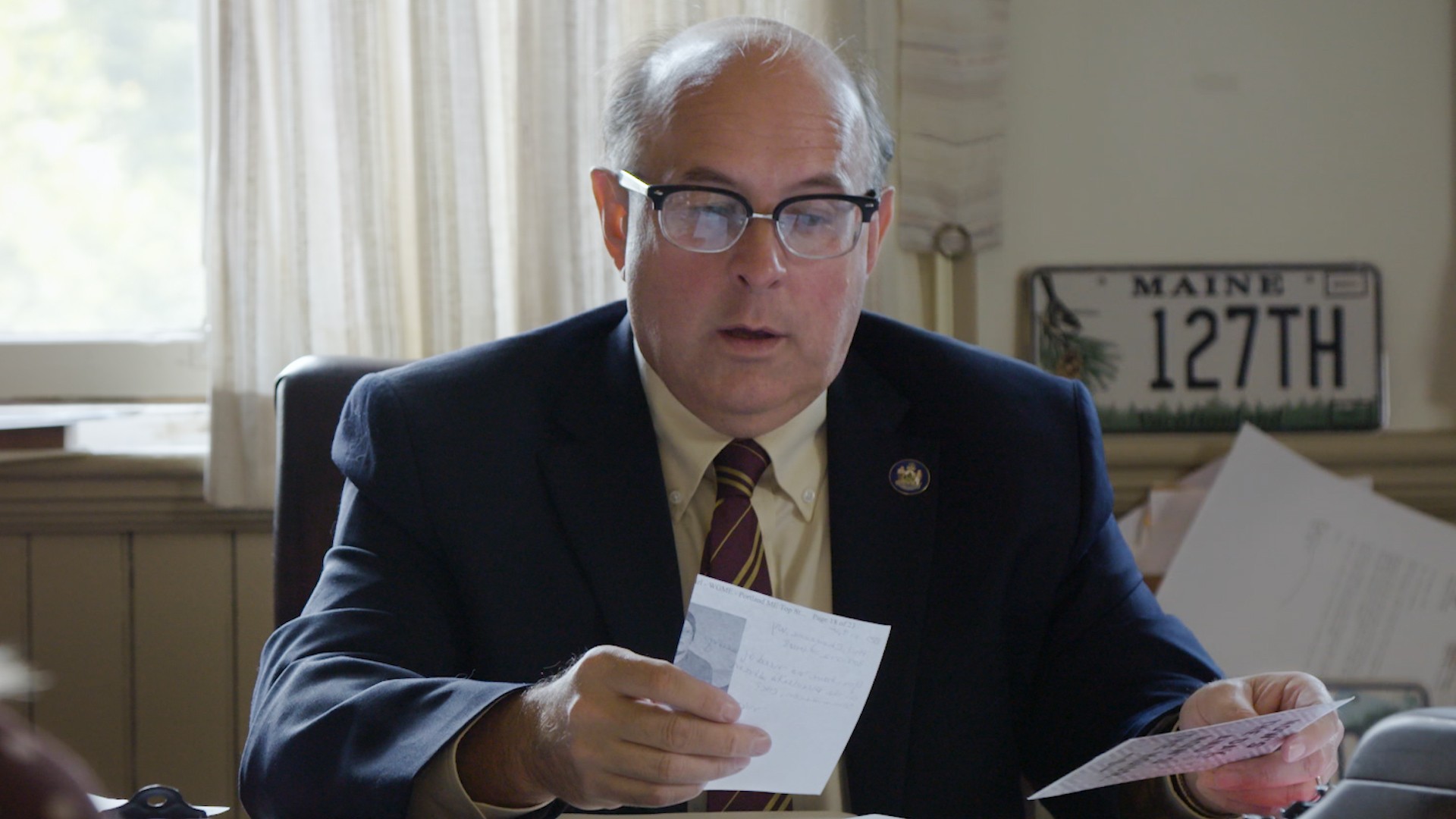After winning the 2016 presidential election, Donald Trump set out to prove that widespread voter fraud contributed to his opponent, Hillary Clinton, winning the popular vote despite losing in the electoral college.Despite all evidence proving otherwise, in his first year as president, Trump created a voter fraud commission to investigate allegations of fraudulent ballots. The commission was recently disbanded, mainly due to secretaries of state across the country refusing to comply with the agency’s demands for private information about voters, such as social security numbers and dates of birth.Rather than taking an L for his efforts to find the mythical voters who allegedly tampered with the election, President Trump has continued to claim voter fraud is a problem that can only be solved by voter identification.
Watch some more video on VICE:
Although Trump has reignited the debate on voter IDs, the issue has been around since 1970 when South Carolina became the first state to require voters to present some form of identification. Hawaii, Texas, Florida and Alaska all followed suit by 1980. Despite the rule in these states, there was some wiggle room and voters could cast ballots without the required ID if they had another form of verification. By 2000, the number of states with voter ID policies increased to 14 and by 2008 identification policies became much harsher.According to the National Conference of State Legislatures, in 2017 at least 34 states have active voter ID laws in place. The laws differ state to state, but voters in the seven strictest states must present a photo ID. In theory, identification is supposed to keep the electoral process fair, but in reality it’s a form of voter suppression that primarily targets minorities and holds left-leaning demographics back from the polls.Six states have their voter ID laws challenged in court. Last year, in Texas, the state had to soften its voter ID policy after a federal court ruled it broke the 1965 Voting Rights Act by discriminating against blacks and Latinos. Other states have had to ease the severity of their ID laws such as Arkansas and North Dakota.North Carolina’s voter ID law was struck down completely after the Supreme Court said that the law had “discriminatory intent. Pennsylvania’s voter ID law was also struck down after a judge ruled that it was burdensome to voters. Wisconsin is one of the few states to have its voter ID law remain the same after a legal battle.In many cases, minorities are less likely to have official forms of identification due to financial hardship. Even in instances when states offer free voter IDs the means of obtaining one, such as providing a birth certificate, may still require payment. The American Civil Liberties Union (ACLU) is fighting against voter ID policies so everyone can participate in this important civic duty without obstacles.Here’s how you can support the ACLU’s mission to end voter suppression and expand the right to vote to more eligible Americans.
Advertisement
On Twitter, author Keith Boykin clapped back at President Trump’s original post. In Boykin’s tweet, which has amassed more than 8,000 retweets and 19,000 likes, he highlights the hypocrisy of Trump’s statement. Boykin notes that the previous presidents were elected without enforcing voter IDs.
Boykin’s tweet implies that Obama’s election may have prompted a racial backlash that spiked a resurgence in the voter ID movement.
Watch some more video on VICE:

Although Trump has reignited the debate on voter IDs, the issue has been around since 1970 when South Carolina became the first state to require voters to present some form of identification. Hawaii, Texas, Florida and Alaska all followed suit by 1980. Despite the rule in these states, there was some wiggle room and voters could cast ballots without the required ID if they had another form of verification. By 2000, the number of states with voter ID policies increased to 14 and by 2008 identification policies became much harsher.According to the National Conference of State Legislatures, in 2017 at least 34 states have active voter ID laws in place. The laws differ state to state, but voters in the seven strictest states must present a photo ID. In theory, identification is supposed to keep the electoral process fair, but in reality it’s a form of voter suppression that primarily targets minorities and holds left-leaning demographics back from the polls.
Advertisement
